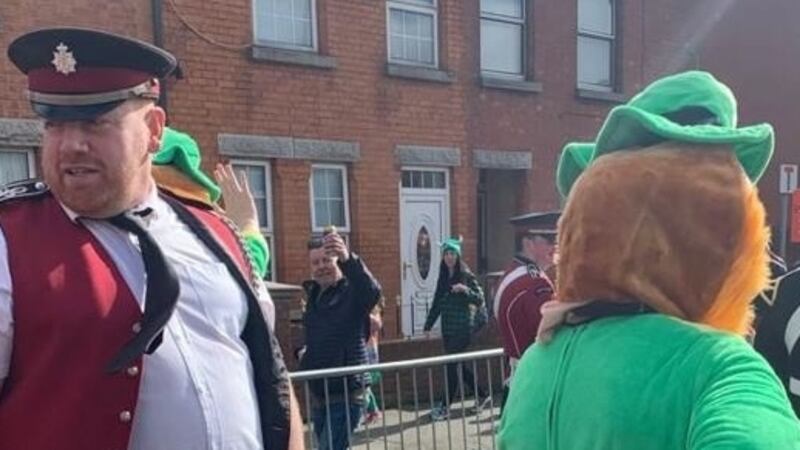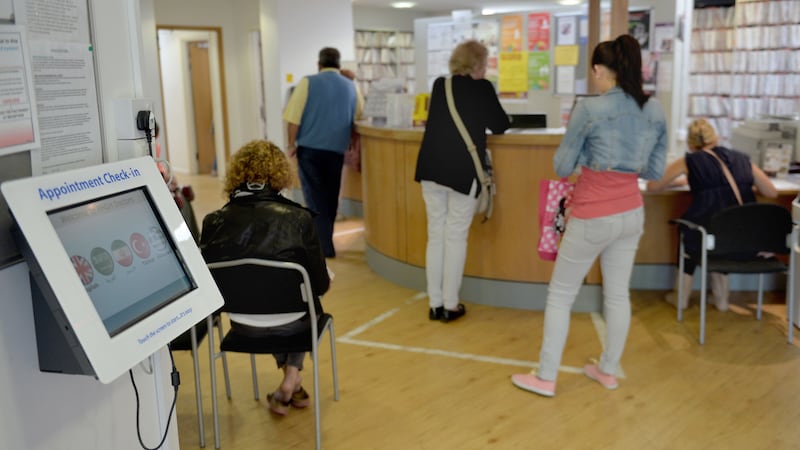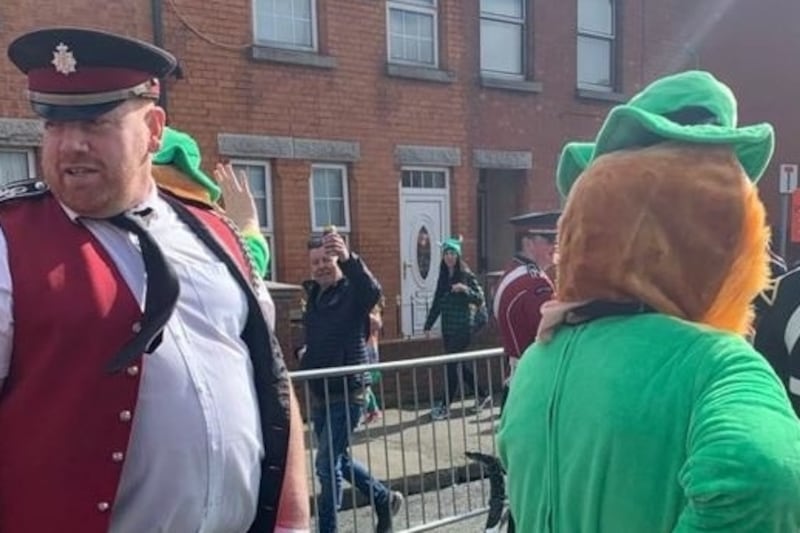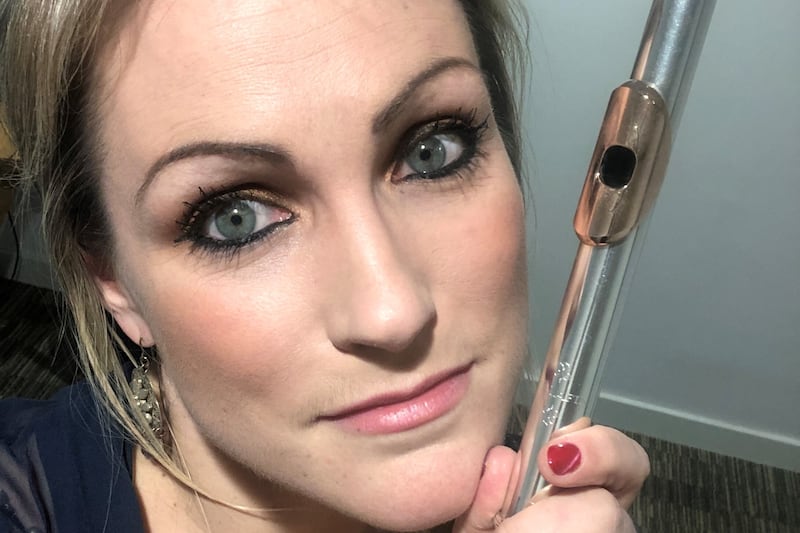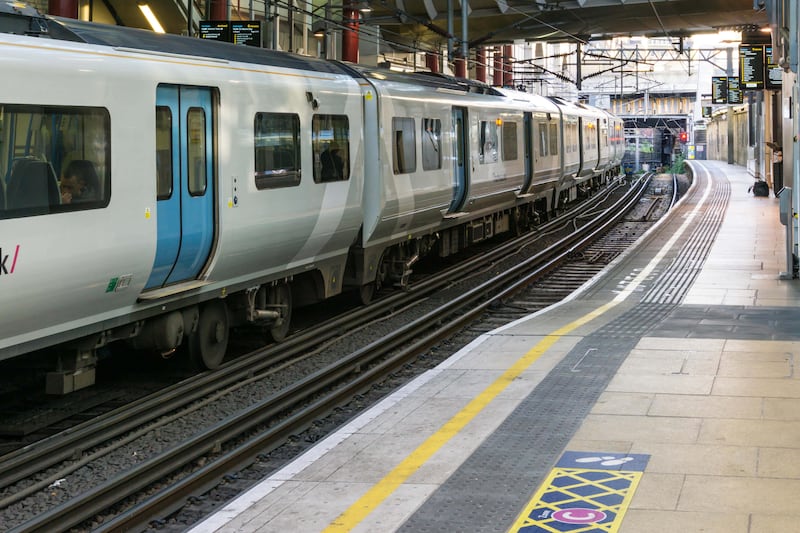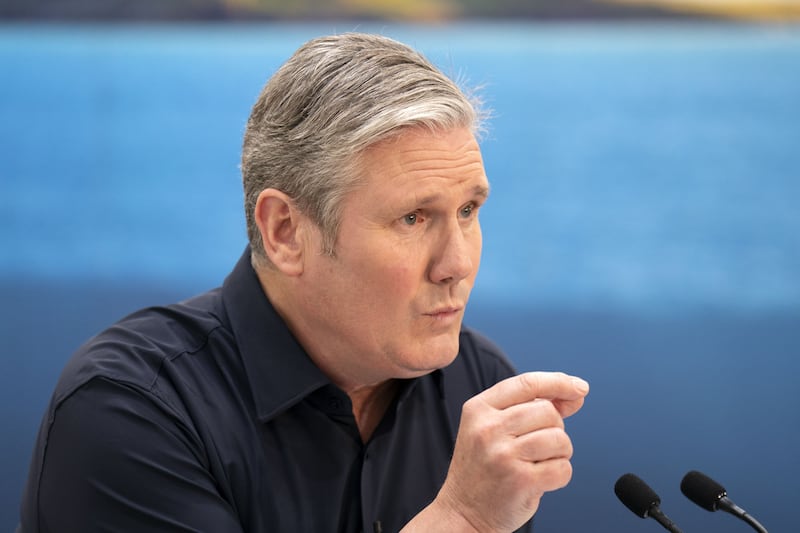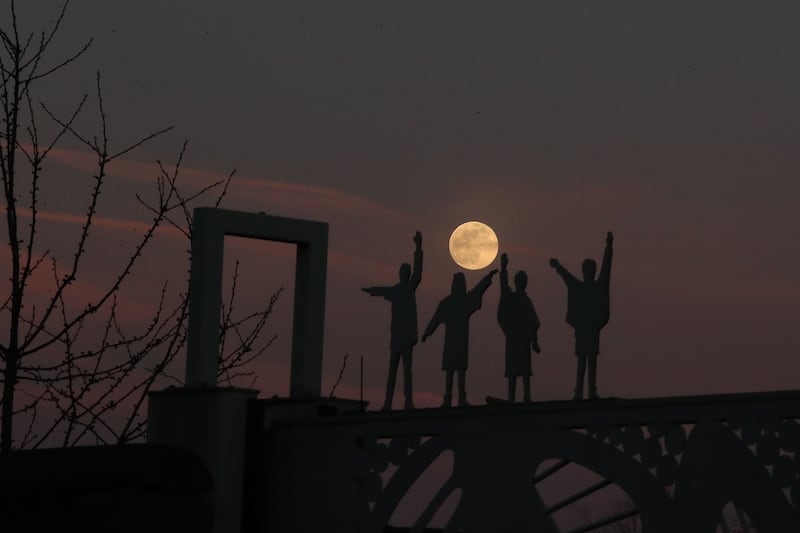Bandsmen and women more likely to be playing flutes and drums behind an Orange Order lodge were greeted with claps and cheers as they walked past the GPO in Dublin last weekend.
The sight, seeming so remarkable, was the culmination of lots of cross-border work behind the scenes, part of an ongoing exchange to in part “demystify” northern Protestant cultural traditions in the south.
And it is not the first time loyalist bands have marched on St Patrick’s Day across the border, though it has been a rare sight in the country’s premier parade in Dublin, believed not seen since individual ones took part back in the 1990s.
Close to three dozen flute and drum players from 10 different bands from across the north, under the umbrella of the Flute Band Association of Northern Ireland, were among the thousands parading .
Also, the Sollus Highland Dancers based in the north west were one of the star attractions in the festival quarter outside Collins Barracks, the home of the National Museum.
As part of the Embrace project in partnership with Inishowen Development Partnership The Sollus Highland DancersSollus set off early from Bready to showcase their talents at Collins Barracks in Dublin. Their performance of three flash dances captivated a large audience in a delightful family setting. We extend our gratitude to our supporters, The International Fund for Ireland.
Posted by New Gate Arts and Culture Centre on Sunday 17 March 2024
Derek Moore, a flute player with the William King Memorial Band from the Fountain area of Derry, was one of those in Dublin for the parade.
“People were on the streets and so supportive and the management was quite incredible and I am used to marching in big parades,” says Derek.
Less than 24 hours earlier, Derek’s band was taking part in the Apprentice Boys No Surrender St Patrick’s Day parade along the city’s walls.
Derek was a key player pulling together multiple bands under the association banner to ensure their presence in this year’s Dublin gathering.
He heads a peace impact programme with the North West Cultural Partnership based at the New Gate Centre.
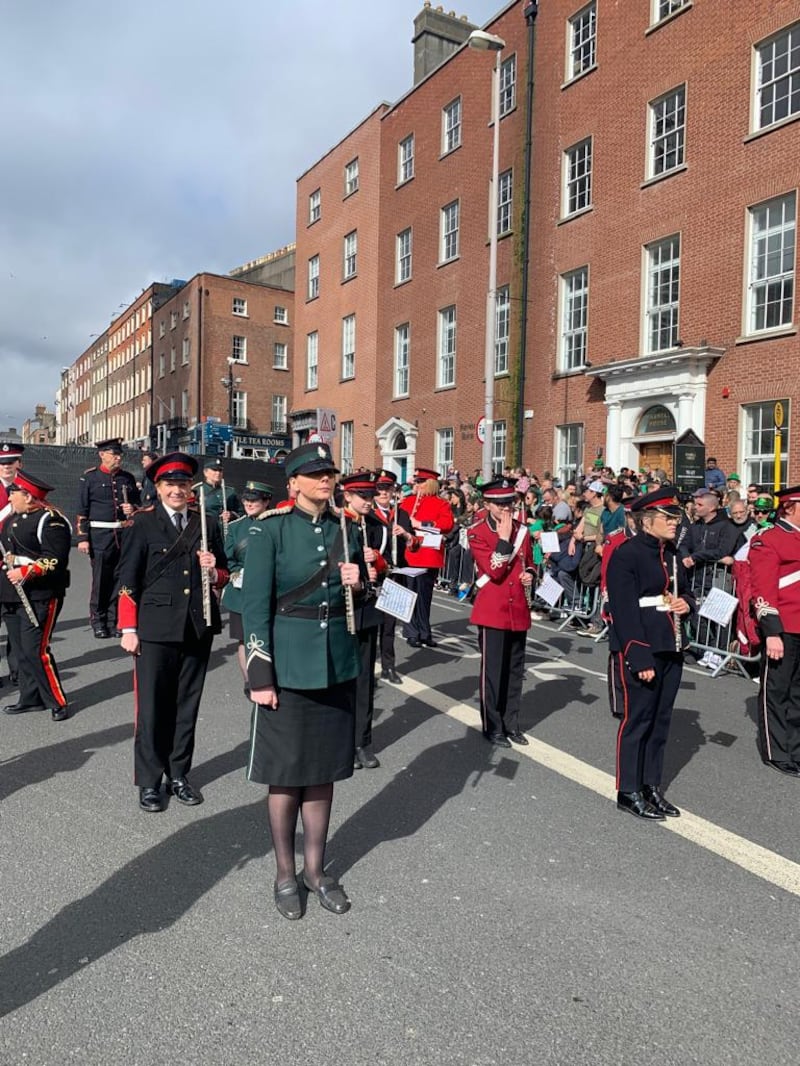
Derek and others have been working in the south for some time, in schools and other venues, with the aim of communicating and some northern traditions, including around dance and bands. The work is partly funded by the International Fund for Ireland.
“That is a part of it, demystifying what bands are about and the Protestant unionist tradition,” says Derek.
The St Patrick’s Day parade in Limerick has been a destination for individual northern flute and drum bands several times over the years. Derek’s own William King Memorial has taken part as he notes “it is more of a marching band parade” while also incorporating a competition.
The Flute Band Association of Northern Ireland’s first appearance as a group in the south was to be Limerick, then the pandemic hit. When the pandemic lifted, plans started to form to do Dublin and claim one of its coveted spots.
It culminated in the movement of approximately 100 people, band members, the young dancers and their chaperones, setting off at 6am on Sunday for Dublin. It was a day trip with most back at home by 8pm, a stay overnight in Dublin being way too expensive.
The association was called the Flute Band League when first formed in 1947 as a vehicle to organise competition, says Gillian Bryson, secretary of the association.
Twenty bands are now affiliated, from the north west, Down, including the Ards Peninsula and along the north coast “nearly everywhere”, says Gillian, who was also marching in Dublin at the weekend.
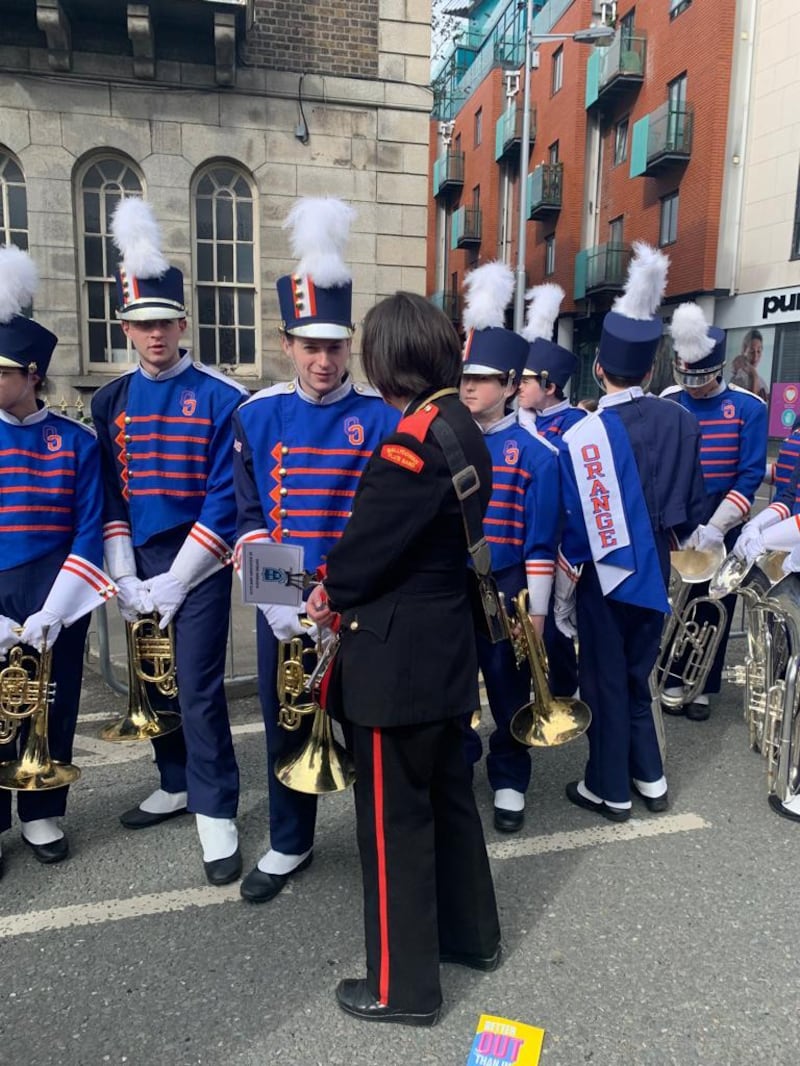
“The whole purpose is to raise the standards of the playing, improve the individual bands’ performance, bring everyone together” the secretary adds.
Ahead of the Dublin trip, members of the bands, Ballylone, Lord Londonderry’s Own CLB, Churchill, Ballygowan, Cahard, William King, Kellswater, Ballywalter, Ballycoan, Corcrain, practised face to face and via online tutorials, under the baton of drum major Craig McAllister.
Four tunes, the most common everyone had played, were chosen for the parade, 1914, Galanthia, Glen Moor and Our Director, says Gillian.
“Hopefully we can organise for 2025 as well,” says Derek, but adding the obstacle may be a competition for places with a potential battle among many bands from across the globe for a place in the next Dublin parade.
“It sometimes takes a year or two to get in,” he explains.
